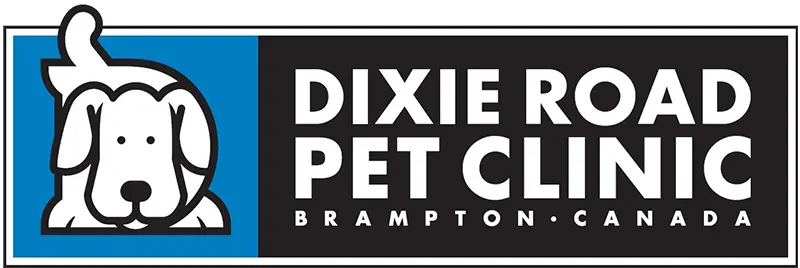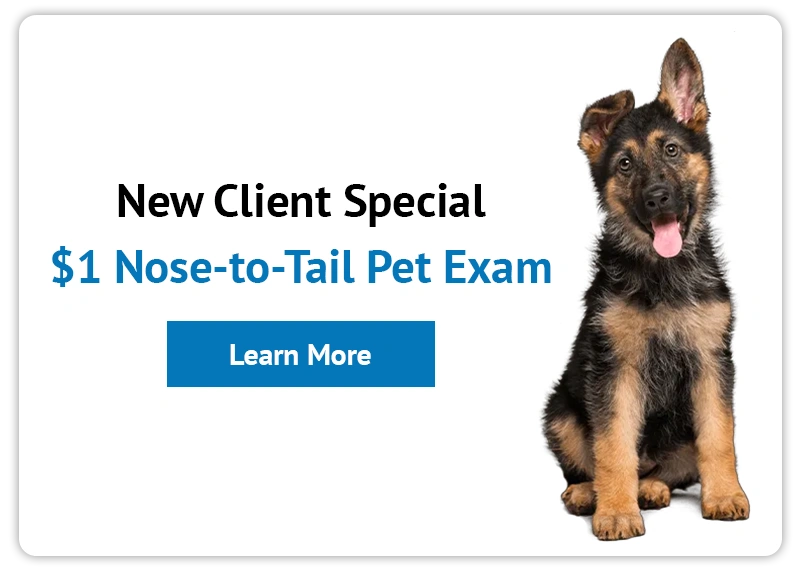Thanksgiving Pet Safety

Thanksgiving is a time for family, feasting, and fun, but it’s also an important occasion to consider the safety of our furry family members. Thanksgiving pet safety should be a priority for every pet owner during the holiday season. As households bustle with preparations and celebrations, it’s essential to be aware of the hidden dangers that could jeopardize your pet’s health. From toxic foods like onions, garlic, and chocolate, to the hazards posed by turkey bones and busy kitchens, there are numerous risks that can turn a festive gathering into a stressful emergency. This article aims to provide practical advice on how to keep your pets safe and happy during Thanksgiving. By taking proactive steps and implementing simple precautions, you can ensure that this joyful occasion remains a safe and inclusive event for every member of your family, including those with paws and claws.
Thanksgiving is just a few days off now. Although many events will be cancelled, postponed, or downgraded this year, we know many people are still looking forward to enjoying some home-cooked food with their loved ones. If you’re hosting this year’s dinner, it’s probably safe to say that your pet will be right there with you, supervising your cooking, greeting guests, and generally getting underfoot. For more tips on including your furry friend in the festivities, check out our article on Thanksgiving With Fido. Read on for some great pet safety tips from a local Brampton, ON vet.
Food
One of the bigger concerns with the autumn holiday–or any dinner–is unsafe foods. Many of our favorite dishes are toxic to pets. Don’t give your furry friend anything that contains or was seasoned with garlic, onions, scallions, or chives. Meat on the bone is also unsafe; as are raw dough and yeast; grapes, currants, and raisins; avocado; chocolate; caffeine; alcohol; and anything that contains xylitol. If you do want to make your pet a plate, stick with items you know are safe. Plain, cooked meat, fish, or poultry without the skin, bones, or fat is always a safe bet.
Guests
To maintain Thanksgiving pet safety, ensure your guests understand that while your pets are part of the festivities, they shouldn’t inadvertently compromise their well-being. Common concerns include open doors that could lead to escapes or items within reach that might tempt your pets, such as guest belongings. Specifically, be vigilant about what your pets might ingest, especially foods like meat on the bone that are hazardous. It’s important to supervise your pets closely and communicate to your visitors the importance of not feeding them without approval.
Allergies
If you know or suspect that some of your visitors may be allergic to pets, you’ll want to take a few extra steps to keep them comfortable. The day before your visitors arrive, thoroughly dust and vacuum your home. We also recommend getting a good air purifier. Remember to brush Fido and Fluffy, too. If it’s nice, dogs can be brushed outdoors, so the extra fur just blows away.
Manners
You want your furry friend to put their best paw forward. If you have a dog, walk and play with Fido before company arrives, so he’ll be a bit tired out … and therefore, calmer. As for Fluffy, well, try not to let her sleep on your guests’ coats or steal their chairs. Those antics are purr for the course with many kitties! If you’re concerned about your pet’s behavior during gatherings, consider our veterinary behavior counseling services to help your pet become a model guest.
Thanksgiving Pet Safety: Emergency Response and Prevention Guide in 2025
What should you do if your pet ingests something toxic?
If your pet ingests something toxic, act immediately by contacting your veterinarian or the nearest emergency animal clinic. Keep the contact details of these services handy. If possible, identify what your pet has consumed, as this information will be crucial for the vet. Do not induce vomiting unless specifically instructed by a professional, as this can sometimes cause more harm. Swift action is vital to address potential poisoning in pets, ensuring they receive the appropriate treatment as soon as possible.
How can yeast dough specifically harm pets?
Yeast dough poses a significant risk to pets when ingested because it continues to rise and expand in the warm, moist environment of a pet’s stomach. This expansion can cause bloating and potentially severe gastric dilatation-volvulus (GDV), which is life-threatening. Additionally, as the yeast ferments the dough to cause it to rise, it produces alcohol which can lead to alcohol poisoning in pets. Both conditions require urgent veterinary attention to prevent serious health issues or fatality.
How can you keep pets safe during food preparation?
During Thanksgiving, prioritizing pet safety is crucial to ensure a joyful and incident-free celebration. As you prepare festive dishes, be vigilant about keeping toxic foods like onions, garlic, chocolate, and bones out of reach. Offering pets safe alternatives such as plain, cooked, skinless, and deboned chicken or turkey can prevent health risks. It’s also wise to monitor interactions between pets and guests, safeguarding against the unintended sharing of harmful treats. Secure your kitchen and dining areas to bar pets from accessing dangerous ingredients. This attentive strategy is essential for preventing ingestion-related emergencies and upholding Thanksgiving pet safety, ensuring a secure environment for everyone involved.
How can you secure garbage cans effectively?
To secure garbage cans effectively and prevent pets from accessing potentially harmful contents, start by choosing a garbage can with a locking lid or a mechanism that is difficult for pets to open. Place the can in a location that is not easily accessible to your pets, such as behind a closed door or in a secured cabinet. For added security, consider using a garbage can strap or anchor the can to a wall or heavy furniture to prevent tipping. Regularly empty the garbage to minimize odors that attract pets.
What should you do if the gathering becomes overwhelming for your pet?
If the gathering becomes overwhelming for your pet, provide them with a quiet, comfortable space away from the noise and activity where they can relax. Ensure this area includes their bed, fresh water, and a favorite toy to help them feel secure. It’s also beneficial to check on them regularly to offer comfort and ensure they are not exhibiting signs of stress. If your pet continues to be distressed, consider seeking advice from a veterinarian who may recommend behavioral therapy or other interventions to help manage their anxiety during social events.
Enjoy your holiday! Contact us, your Brampton, ON animal clinic, for your pet’s veterinary care needs.

